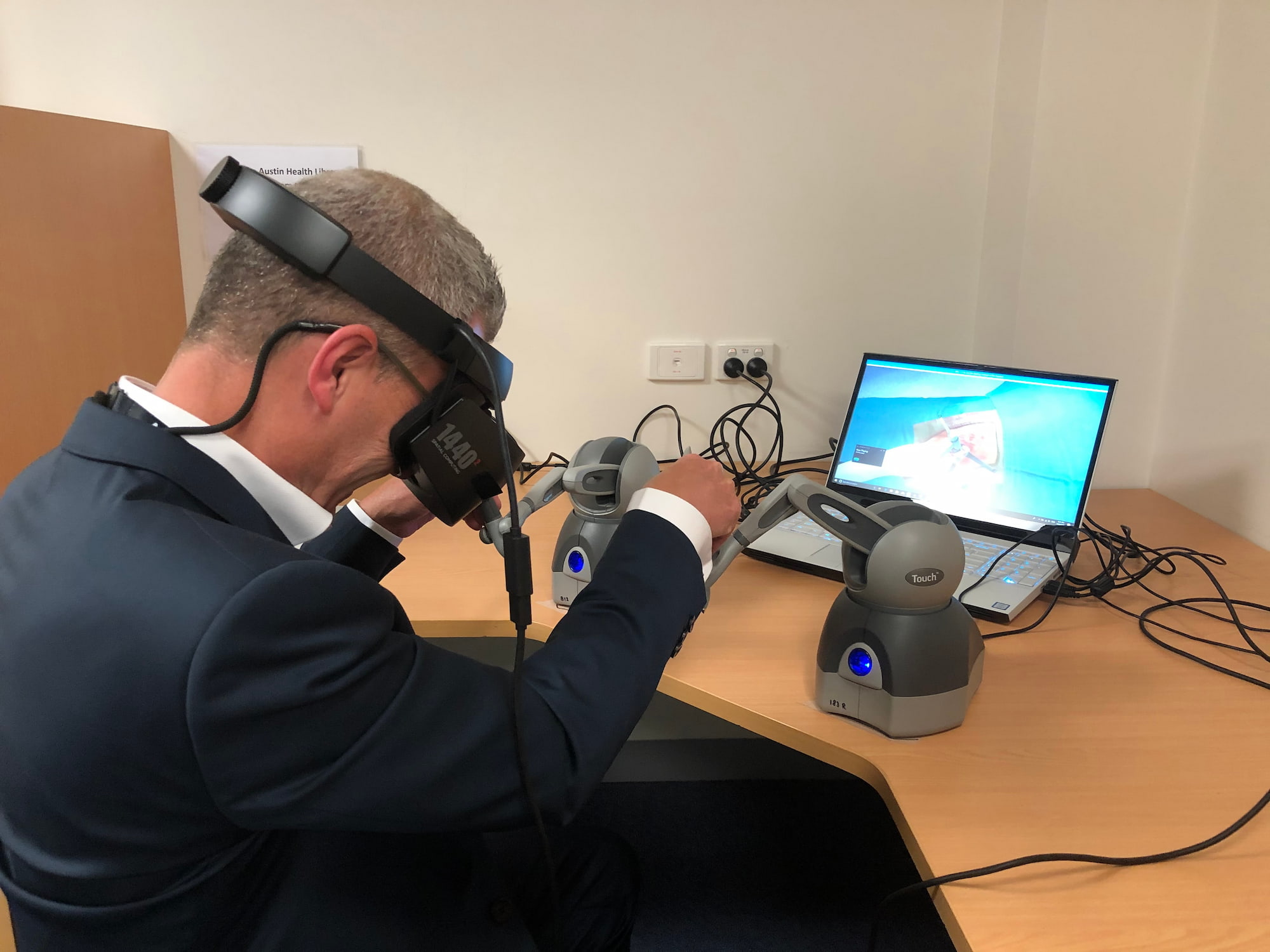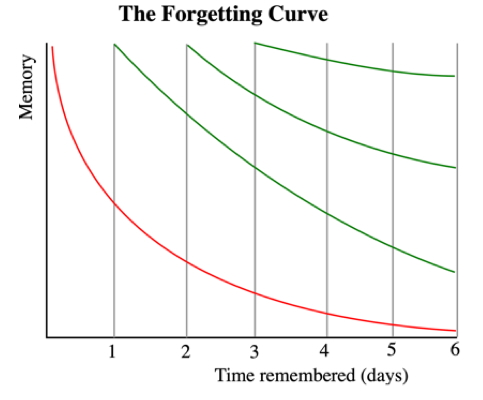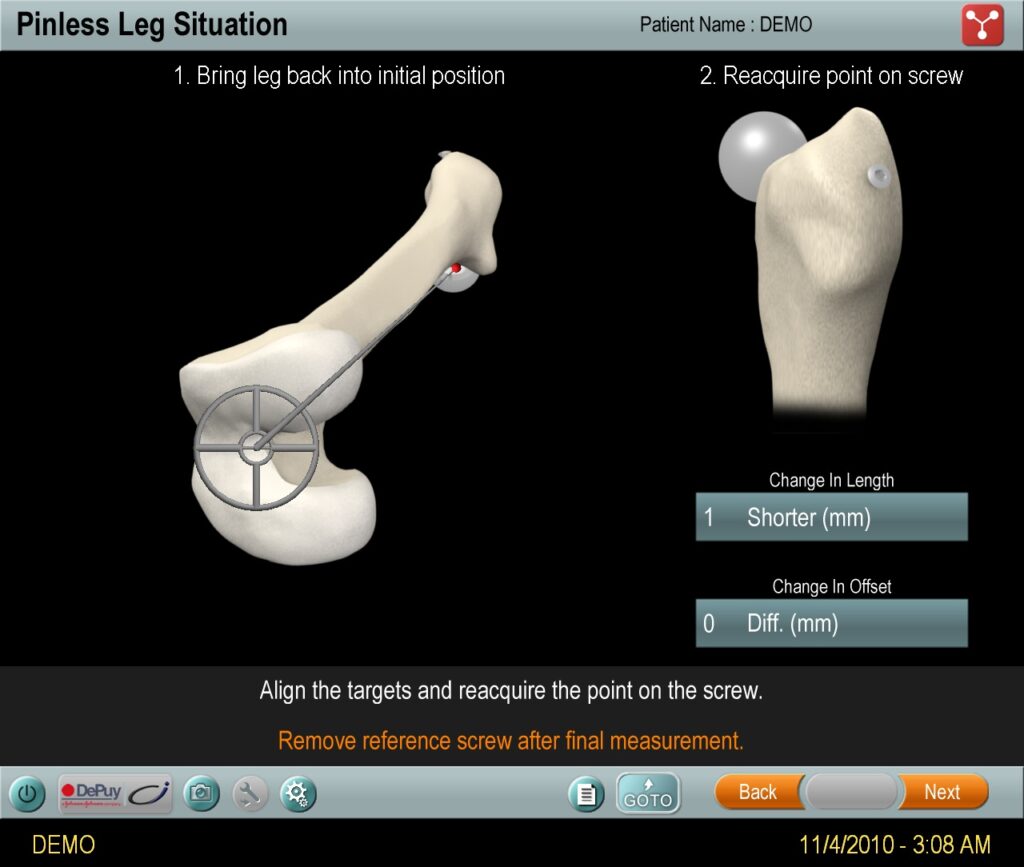Rationale and feasibility assessment of an Institution-Based Virtual Reality Hub in Orthopaedic Surgical Training – an Australian Pilot Study
Authors: Allan Le, Anuj Krishna, Anton Lambers, Andrew Hardidge, Jitendra Balakumar
Site: Austin Health, VIC
This study assesses for the first time the feasibility of establishing a virtual reality (VR) surgical training hub within an Australian orthopaedic surgery unit. The focus was to determine if creating a dedicated VR training space for surgeons and identifying potential hurdles for others attempting similar setups was possible. The research included setting up the VR equipment, time management, funding, and training logistics.
A VR training space was successfully established over three months, with equipment housed in a dedicated lockable area. The average setup time was 7.5 minutes to turn on the system and 25 minutes for participants to begin the module. While the setup was initially cumbersome, creating a permanent, dedicated space eliminated the need for repeated recalibration and reduced setup times.
The study involved 24 participants ranging from medical students to senior consultants, all tasked with setting up the system and engaging with a surgical VR module. Challenges included recalibration of the equipment and issues like “ghosting” (where virtual instruments get stuck in objects) and fatigue from the VR headset. One heavy handed surgeon did break an expensive haptic surgery instrument! VR in orthopaedics holds great potential to enhance surgical training, especially in psychomotor skills, ultimately improving patient safety and reducing learning time before trainees perform real surgeries.
A pilot study was later undertaken trialling skills in performing a virtual hip replacement.




